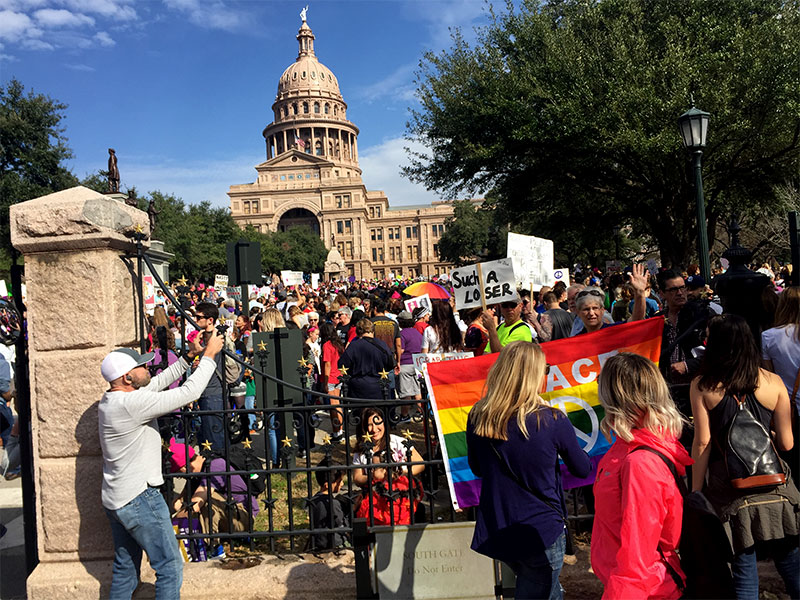I’ve told you before how carefully I choose bumper stickers. In fact, with one brief exception, I’ve had multiple copies of the same sticker on my vehicle for years: HOPE. In rainbow colors.
I chose that bumper sticker because it says so much about what I am for in my life. I love the verse from I Peter that says, “Always be ready to give an answer to those who ask the reason for the hope that is in you.” I also chose it because I didn’t really think it would offend anyone. (I’m not conflict averse, I just don’t look for ways to offend people or make them mad, especially when driving.) We can all agree that HOPE is a good thing, right?
Wrong. When President Obama began using HOPE as a central point in his campaign, I began to see just how irate people could get over that one little word and how they could twist it to meet their own purpose. One sign that really saddened me was the word HOPE changed to HYPE, joined by a list of criticisms about then-candidate Obama.
I could not have imagined then, as wildly differing views of the man who would become our first black President churned and confronted one another, that I would think back on those days as relatively civil compared to now.
As Conrad would say, “The horror! The horror!”
The horror of how family members are talking to each other. The horror of how religious doctrines have wed themselves to political positions. The horror of attacking people’s character rather than confronting their qualifications are lack thereof.
I’ve never been more aware of all the ugliness than I have in the four days since the worldwide Women’s Marches. Not only have some men jumped in to criticize and belittle the women who marched, but other women have as well. There seems to be an assumption on the part of some groups that the millions of women who marched were angry, men-hating, baby-killing, whiners.
I won’t spend time debunking that. If you’re reading this, you don’t need me to, anyway. But I do want to share some things I’ve learned about why emotions run so high so quickly.
Psychologists suggest that confrontations of any kind often escalate because the internal (often unrecognized) stakes are so high. Church conflict expert Hugh Halverstadt says that this is especially true in churches. I’m going to share a quote from him here, but I am going to take the liberty of changing some words so that his thoughts are not so church specific, and we can apply them to political conflicts:
[Political] commitments and understandings are highly inflammable because they are central to one’s psychological identity. When [people] differ over beliefs or commitments, they may question or even condemn one another’s spirituality or character. Their self-esteem is on the line. That is why parties slip so easily into taking differences personally, even launching personal attacks. When [people] feel that their worldview or personal integrity is being questioned or condemned, they often become emotionally violent and violating. Any means are used to justify their goal of emotional self-protection (Halverstadt, Managing Church Conflict).
Author and consultant Arthur Paul Boers elaborates on Halverstadt’s claims by pointing out that in some areas, the internal stakes related to our self-esteem are combined with eternal stakes, and then all hell is likely to break loose. When political topics include topics that are central to people’s faith, “people are often convinced that salvation itself is at stake: their own, their children’s, or the church’s.”
Thus hot button topics like abortion and marriage equality turn into conflagrations quite quickly. Fanning the flames, according to Boers, is the inability to recognize that our personal agendas are often driving our political agendas. The danger in that is that we think we are operating in a non-emotional, rational arena when in truth our emotions (especially those inspired by our religious beliefs) are in control.
I offer all of this today not because I have a solution or even a suggestion, but simply as an opportunity for self reflection. We can do a tremendous amount of growing when self reflection comes to us from the mirror of God’s image, in which we are all created.
God Grant You Peace That Passes Understanding,
Karen






